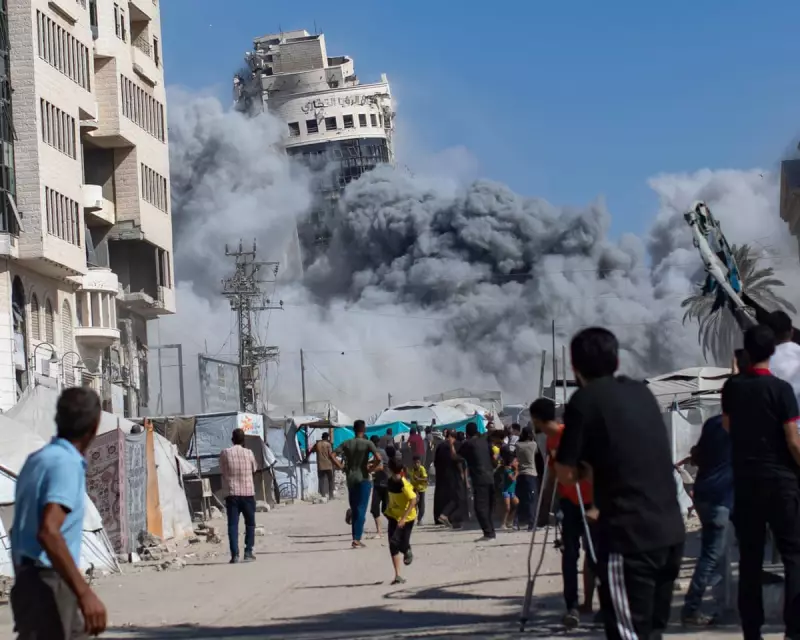
A major diplomatic row has erupted after the United States refused to grant visas to a Palestinian delegation, preventing them from attending a critical United Nations conference in New York. The move has provoked fierce international condemnation and calls for the high-stakes meeting to be immediately relocated to Geneva, Switzerland.
The delegation, which included senior Palestinian officials, was scheduled to participate in a session of the Conference on the Establishment of a Middle East Zone Free of Nuclear Weapons and Other Weapons of Mass Destruction. Their exclusion on visa grounds has been labelled a blatant political manoeuvre by critics.
International Outrage and a Threat to Relocate
The decision has sent shockwaves through diplomatic circles. Several nations, including key US allies, have expressed deep concern, arguing that the US action undermines the principles of multilateralism and the UN's work.
In response, there are now growing and forceful calls to move the entire conference to the UN's European headquarters in Geneva. Proponents argue this is the only way to guarantee all parties can participate freely, without being subject to the host country's political vetting. A formal proposal to relocate the conference is expected to be tabled.
A Pattern of Behaviour?
This incident is not isolated. It echoes a similar 2019 event where Russian diplomats were denied US visas ahead of UN meetings, raising serious questions about the use of host country power to influence international diplomacy. Critics accuse the US of exploiting its position as the UN's host nation to sideline voices it disagrees with, a move that threatens the integrity of the entire organisation.
The standoff poses a significant challenge to the UN's authority and sets a dangerous precedent for future international cooperation, potentially encouraging other host countries to engage in similar tactics.
What Happens Next?
The international community now faces a critical choice: proceed with a key conference missing vital stakeholders or uproot the meeting to a neutral location. The outcome will be a major test for multilateralism and could redefine how the UN operates when its host country becomes an active participant in a dispute.





